Investment in education to empower children and girls with the job skills to help them find employment, for social protection and to break the cycle of poverty is the burning concern of the Ministry of Labor, Local Government and Rural Development. An app to match job seekers to the jobs available was one of the solutions put forward at a two-day consultation hosted by the Labor ministry in collaboration with UNICEF at the Best Western Biltmore Hotel in Belize City on Monday and Tuesday, February 25-26.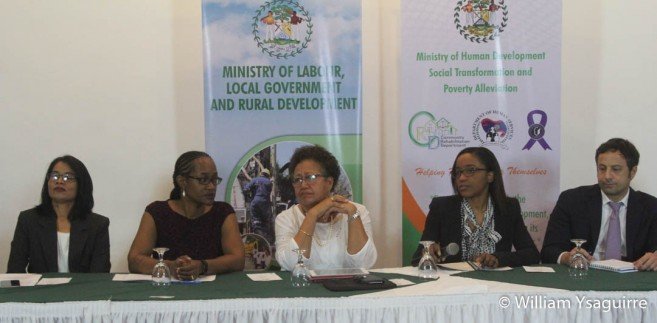
The government is moving to urgently address children’s needs for a safer and more secure environment to learn, “with programmes that create spaces that allow children to express their creativity freely, and programmes that address the peculiar challenges our children are facing as they seek to grow up to be strong and fearless leaders and members of our communities”, Minister of Labour, Local Government Hon. Senator Carla Barnett affirmed.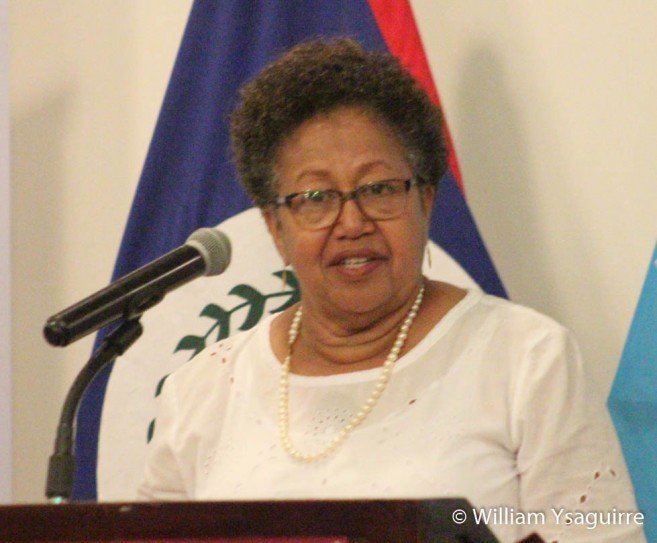
The present system the Labor ministry has in place is a public employment unit, with 11 staff members across the country. They advise job seekers about how to get training, to identify their job skills, to help them put their resumes together, to write a covering letter describing their goals and the sort of jobs they seek, Barnett explained. They also provide referrals to vocational training centers, and to groups who can offer training, such as women groups producing handicrafts, to help young people develop whatever talents they may have, to earn an income. They help match job seekers with job vacancies.
A proper labor market information system is sorely needed, cited Barnett, noting that there have been several discussions over many years to put a system in place, but past attempts proved too expensive and complicated in the past. Cloud-based digital systems and new software now offer a more affordable solution.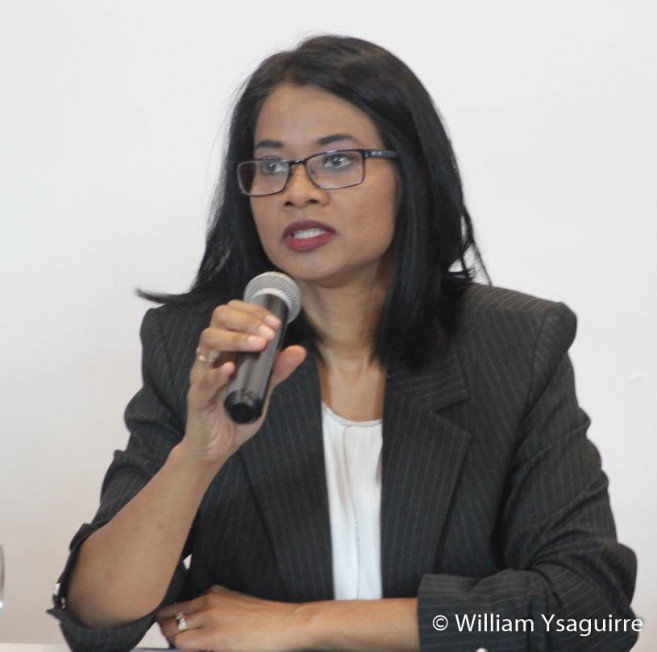
CEO Sharon Young noted that young people are more tech-savvy, and well-versed in the use of smartphones, so a faster and more efficient way to serve them is by developing an app which will list job vacancies, to help them match their job skills to what’s available, and what other educational opportunities are available, the institutions and the costs, scholarships, etc., for them to acquire the necessary job skills. The app would also allow job-seekers to upload their profile information and job skills to a site, which employers would also be able to access when they seek to hire workers. The main objective of the app is to match job-seekers with available jobs. Barnett said this is now possible and has become a priority, but it will take investment, technical support and collaboration.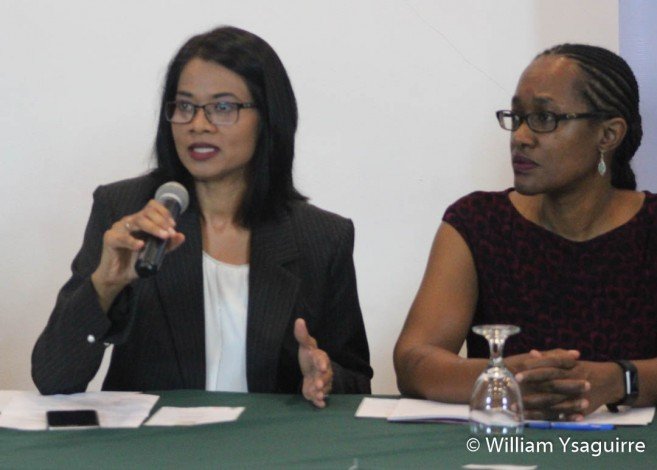
The government’s BOOST and Pantry programmes have been internationally recognized as successful, Barnett noted, but there is still a lot more work left to be done. The government needs to strengthen and broaden the existing system of social protection, to help those who are poor and vulnerable, especially children, women, older people, people living with disabilities, migrant populations, the displaced, the unemployed, and the sick.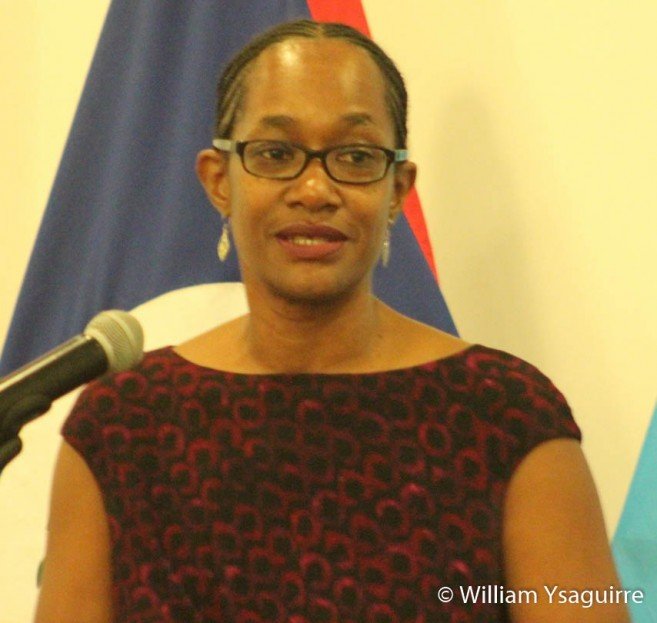
The United Nations International Children’s Education Fund (UNICEF) is fully on board in supporting this initiative, as Belize has a very young workforce, with persons aged 15 to 39 years representing with 30 percent of all workers. UNICEF’s Belize representative Susan Kasedde said Belize should take full advantage of its young population, by strengthening investment in the education and empowerment for work, of adolescent girls and boys. She expressed concern for Belize’s unemployment levels, which is at 9 percent across the board but is much higher at 25 percent among young people 14-24, and there is an even greater gender disparity of 30 percent unemployment among young women. This challenge offers an opportunity to uplift young people by investment in education to help young people, especially girls, develop their talents to be able to earn a secure income to achieve the Sustainable Development Goals (SDGs).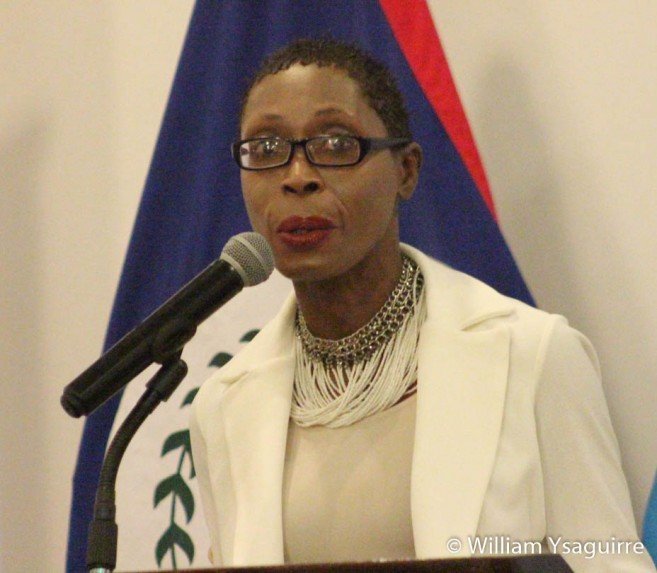
Newly appointed Labor Commissioner Anne Marie Thompson said the quality of life in a country is measured by how the country treats its weakest citizens, and she pledged to help the disadvantaged and marginalized find work for a fair wage, to learn job skills to get a job and earn income, to ensure no one is left behind.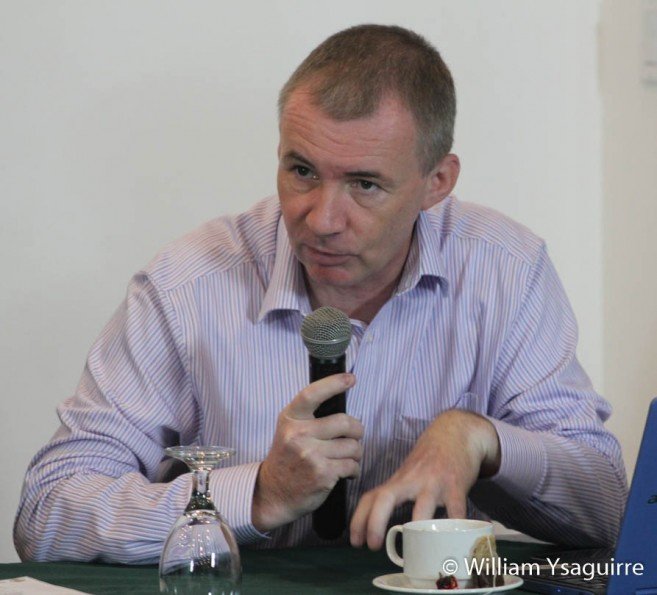
Social planner Mark Antrobus described the need to increase GOB’s and private initiatives to provide income or consumption transfers to the poor, protect the vulnerable against risks to their livelihood, and to enhance the social status and rights of the marginalized, to reduce the economic and social vulnerability of poor and marginalized groups. Be it through the provision of food, skills, services, and cash; the programmes contribute to the assets of households, which will thereby be enabled in their own upliftment, towards the SDGs of equity and human rights.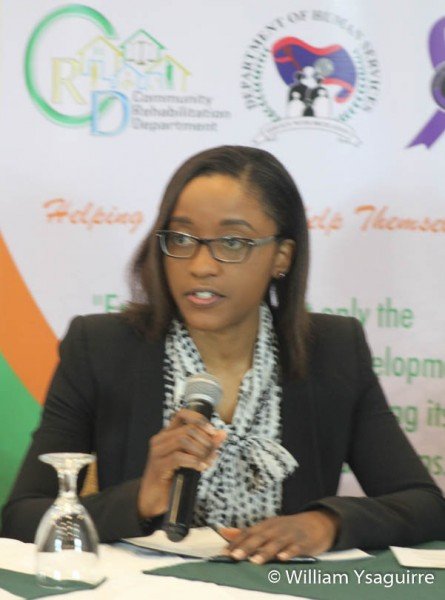 The World Bank and the International Labour Organization had a vested interest in social protection programmes to fight poverty and income inequality. World Bank president Kim expressed it best almost three years ago at the UN General Assembly: “Social protection is a means to reduce poverty, achieve greater gender equity, reduce economic inequalities and promote good jobs, and we have come together collectively to help countries close these coverage gaps.” World Banks’ social protection specialist Asha Williams spoke of the need to activate the labor market to coordinate and stimulate empowerment of young people to include them in the workforce.
The World Bank and the International Labour Organization had a vested interest in social protection programmes to fight poverty and income inequality. World Bank president Kim expressed it best almost three years ago at the UN General Assembly: “Social protection is a means to reduce poverty, achieve greater gender equity, reduce economic inequalities and promote good jobs, and we have come together collectively to help countries close these coverage gaps.” World Banks’ social protection specialist Asha Williams spoke of the need to activate the labor market to coordinate and stimulate empowerment of young people to include them in the workforce.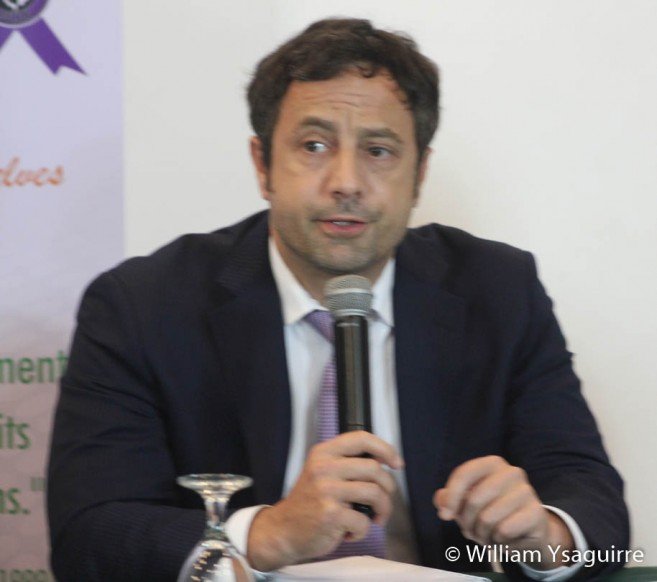
The ILO’s employment specialist Diego Rei spoke about labor market policies and why Belize needs a national employment policy. The ILO defines social protection as initiatives provide cash support to those most in need: children, and people of working age such as maternity benefits of for those with a disability, a work injury, those without jobs and pensions for older persons, and other schemes that guarantee basic income security.
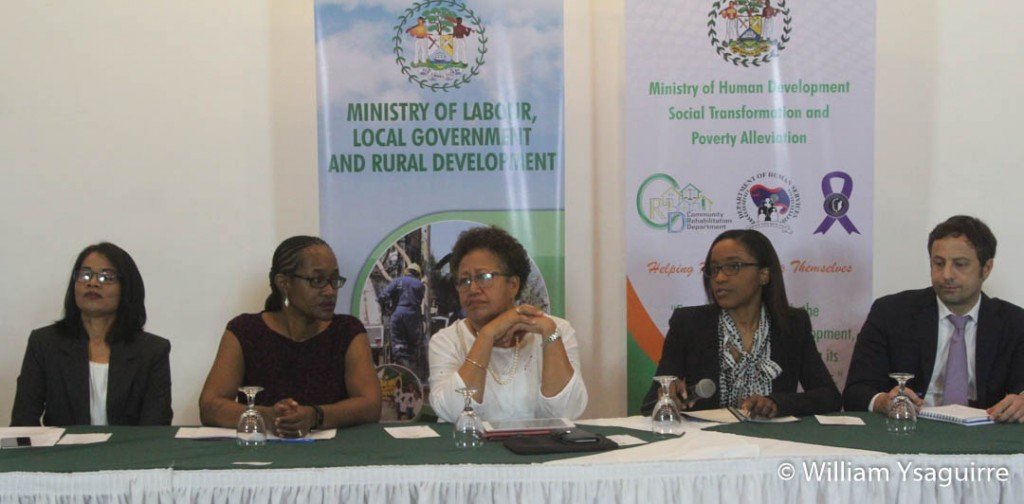
Share
Read more

